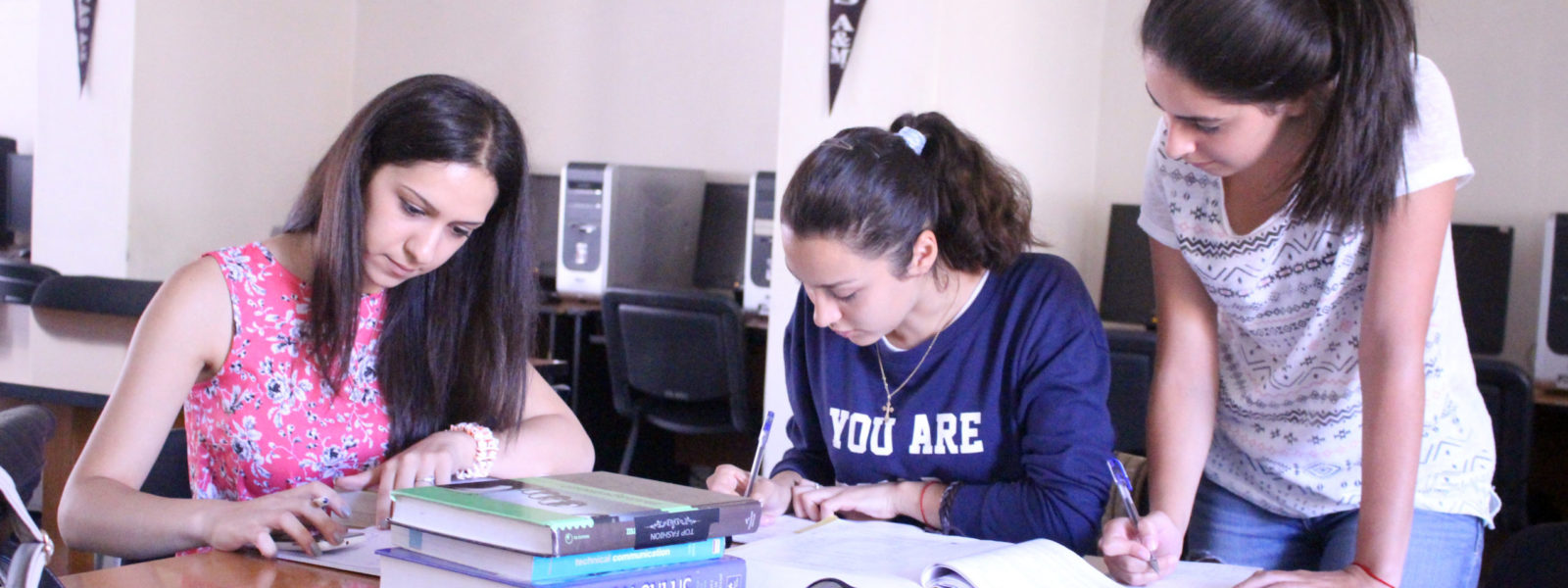
15 Nov Big Brain Club
During the first pandemic winter, I took on one of the hardest teaching assignments I’ve ever experienced: I tutored the son of a dear friend of mine with his fifth-grade homework. He was struggling a lot, and there were concerns that he might not be able to handle the workload. We called our little homework sessions the Big Brain Club.
I can’t even begin to describe the advanced evasion tactics this ten-year-old deployed. You wouldn’t believe the number of excuses he made to leave the room to get a snack/go to the bathroom/fetch a pen… the shenanigans, the bed jumping! I became the strict tutor I’ve never been, kindly but firmly getting him to focus him on the task at hand and limiting his escape expeditions. It took a lot of energy, leaving only some left to determine what he actually understood, what real problems he was having, and how he could do better. It was made worse by the maddening lack of pedagogy contained in his prescribed textbooks (that’s fodder for a whole different blog). It was no wonder he was struggling in geography; it was drier and less interesting than a law-school textbook.
It was one of the hardest teaching assignments I’ve ever had, and it was also the most rewarding. By the time we were through, he understood that he was intelligent; he just needed to do the work. He learned that just because he doesn’t understand something the first time he hears it doesn’t mean that he’s dumb; that if he asks questions, he will get better instead of worse. He understood what doing the work felt like, and he knew the feeling of success that came from getting 100% on his multiplication exam. Oh, we were both proud of that one.
It took me a month or so to convince him he could tell me when he didn’t know something instead of pretending he did know it, or guessing randomly, or making jokes to distract me. We had to gently pry down his wall, the thick barrier he had erected to protect himself from fear of judgment or scorn. We all have that wall, and it gets worse the older we get. But if we stop asking questions and pretend we know everything, learning stops dead in its tracks.
You see, there is an art to learning, and to absorbing new information. There is an art to acquiring your skills, and an art to refining them. The thoughtful student tries to paint a picture with his mind. As he listens, he fills in the picture. Sometimes, a wise person might give the student enough knowledge to fill up an ocean. Sometimes, some yammering idiot can just say nothing at all for hours on end. Then, the student’s metaphorical paintbrush dries up and shrivels while she waits. But the good student knows how to look outside the box, because sometimes wisdom and knowledge come from unexpected places, at unexpected times. Sometimes there are no textbooks, and the good student has to make their own.
 As interpreters, we cannot ever afford ourselves the luxury to stop learning. Beginners must acquire technique, communication skills, and confidence. Practicing interpreters must learn to correct bad habits and fine-tune their abilities, monitoring their output but not constantly second-guessing themselves. Advanced interpreters must evolve with the requirements of the profession and keep their minds fresh and ready, internalizing new concepts on a daily basis. Interpreters of all stripes have to absorb entire glossaries of words and learn completely new ideas just moments before the trials, conferences, medical appointments and more that they face on a daily basis.
As interpreters, we cannot ever afford ourselves the luxury to stop learning. Beginners must acquire technique, communication skills, and confidence. Practicing interpreters must learn to correct bad habits and fine-tune their abilities, monitoring their output but not constantly second-guessing themselves. Advanced interpreters must evolve with the requirements of the profession and keep their minds fresh and ready, internalizing new concepts on a daily basis. Interpreters of all stripes have to absorb entire glossaries of words and learn completely new ideas just moments before the trials, conferences, medical appointments and more that they face on a daily basis.
Given that our job requires life-long learning, it is startling to me how some people don’t actually seem to understand what learning is. There appears to be an expectation that by buying a class or a book, you are buying knowledge. It’s as though understanding has been purchased through the initial transaction, and just because you spend the class driving down the highway, cleaning your house with the webcam off, or ignoring all the in-class activities, you have somehow nevertheless injected that knowledge into your brain.
Unfortunately, we cannot learn without engaging, and if we don’t have the right conditions for learning (i.e., a quiet space to work and the correct materials), not much will happen.
I often tell my students, “I’d love to sell you the pill, but I can’t. So, I’ll have to teach you, and you’ll have to learn.” More explicitly, I’ll give them tools, and they’ll have to use them over and over, in different ways and with careful curiosity, until they get the results they want.
Learning is hard, and it is sometimes humiliating. It was hard for my fifth-grader, and it’s hard for all of us. But learning is also crucial to our survival. So, I thought I’d share some guidelines on how to be a Big Brain, because it’s just as relevant to us interpreters as it was to my student and me in the winter of 2020.
HOW TO BE A BIG BRAIN:
-
-
-
- Big Brains are curious. We always ask questions!
- Big Brains are humble. We admit when we don’t know things!
- Big Brains are creative. We make boring things fun!
- Big Brains pay attention. We listen, and we always, always, always read the instructions!
(5. No unauthorized shenanigans!)
-
-
Good luck with your learning, everyone, and never, ever stop.
 Athena Matilsky fell in love with languages the year she turned sixteen. She majored in Spanish interpreting/translation at Rutgers University and also studied French. After graduation, she taught elementary school in Honduras and then returned home to begin freelancing as a medical and court interpreter. She later became a staff interpreter for the NJ judiciary. She has gone on to earn certifications as a healthcare interpreter and a federal court interpreter for Spanish and as a court interpreter for French. Most recently, she received her Master’s Degree in Conference Interpreting from Glendon at York University. She currently works as an interpreter and teacher, training students to acquire the skills necessary to pass state and federal interpreting exams. When she is not writing or interpreting, you may find her practicing acroyoga or studying French. Website: www.athenaskyinterpreting.com
Athena Matilsky fell in love with languages the year she turned sixteen. She majored in Spanish interpreting/translation at Rutgers University and also studied French. After graduation, she taught elementary school in Honduras and then returned home to begin freelancing as a medical and court interpreter. She later became a staff interpreter for the NJ judiciary. She has gone on to earn certifications as a healthcare interpreter and a federal court interpreter for Spanish and as a court interpreter for French. Most recently, she received her Master’s Degree in Conference Interpreting from Glendon at York University. She currently works as an interpreter and teacher, training students to acquire the skills necessary to pass state and federal interpreting exams. When she is not writing or interpreting, you may find her practicing acroyoga or studying French. Website: www.athenaskyinterpreting.com
Main photo “ATC Students in the Computer Lab” (cropped) by Narek75 at Wikimedia Commons, under the CC BY-SA 4.0 license. Body photo “Musk Ox (Ovibos moschatus) Bulls Head Butting” by Gregory “Slobirdr” Smith at Wikimedia Commons, under the CC BY-SA 2.0 license.

Thank you for sharing your experience, what you learned,and your Big Brain Club concept
We can all keep your wisdom in mind.
My pleasure! Thank you for reading.
Thank you. I admire your willingness to help. I enjoyed reading your articles.
Thank you, Nora! I’m glad you like my articles.
As interpreters we don’t realize that we need to be disciplined in always, always always learning.
I love your words of wisdom.
Thank you Athena
I’m so glad they resonated, Rosemary! Thank you for reading.
I totally agree, Athena! I always say that if learning was a specific paying job it would be my dream job. As it is T&I is the closest thing there is to getting paid for learning and I love it. 😉
100%! The constant learning is why T&I is so challenging and so fun! 🙂
I love this! Especially your phrase: “we cannot learn without engaging…”
Aw thank you 🙂 I’m glad you enjoyed it.
Aren’t we all still like 5th graders in some way? Even if I have progressed to pay closer attention, be more curious, humble, and creative I use the same escape tactics on myself during study sessions (Except the bed jumping) A chunky gray-haired grandmother type bouncing on the bed, it would not end well!
Thank you Athena for holding up the mirror.
Hehe yes, let’s all jump on the bed!! 🙂 I think we probably are all still fifth graders somewhere on the inside…